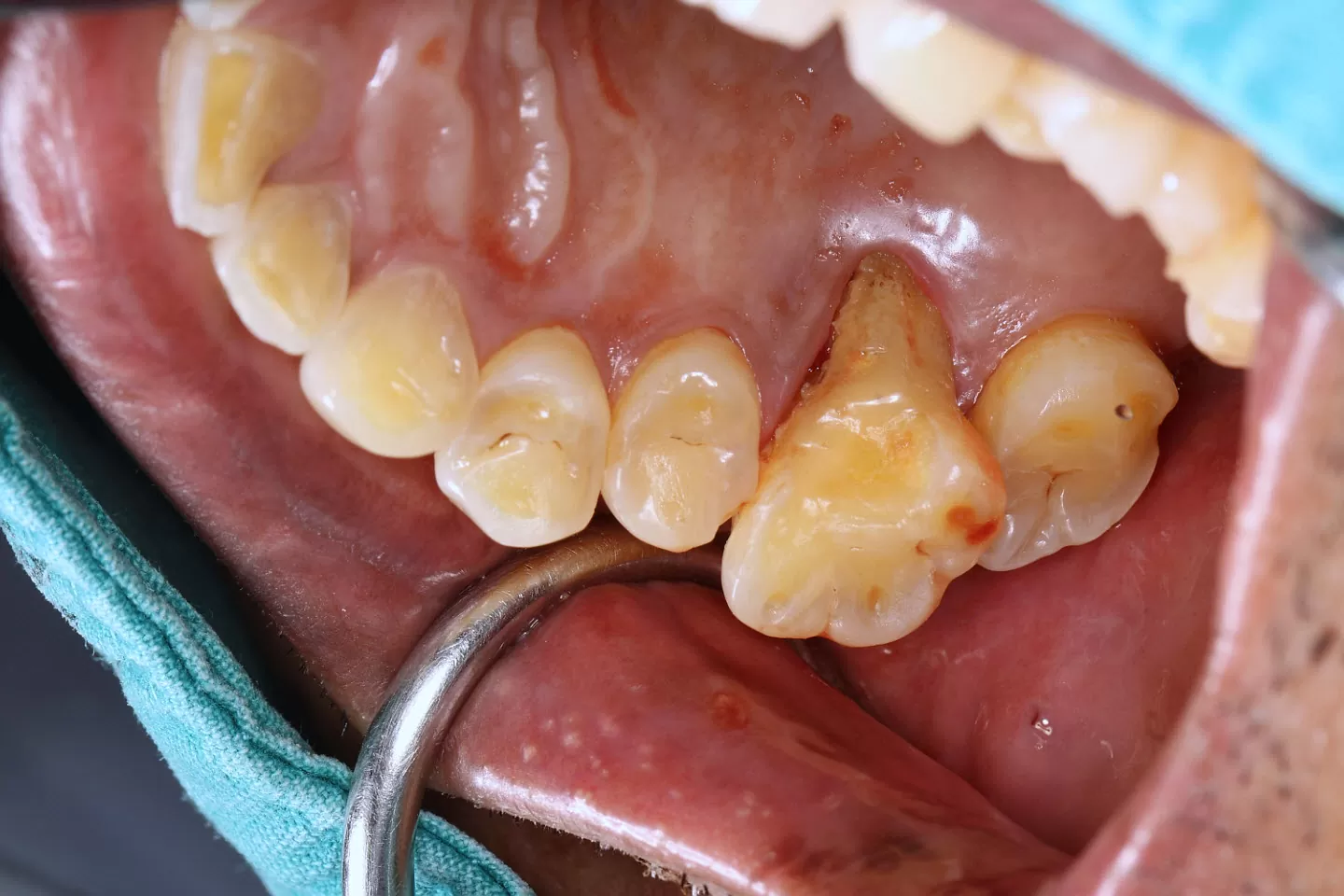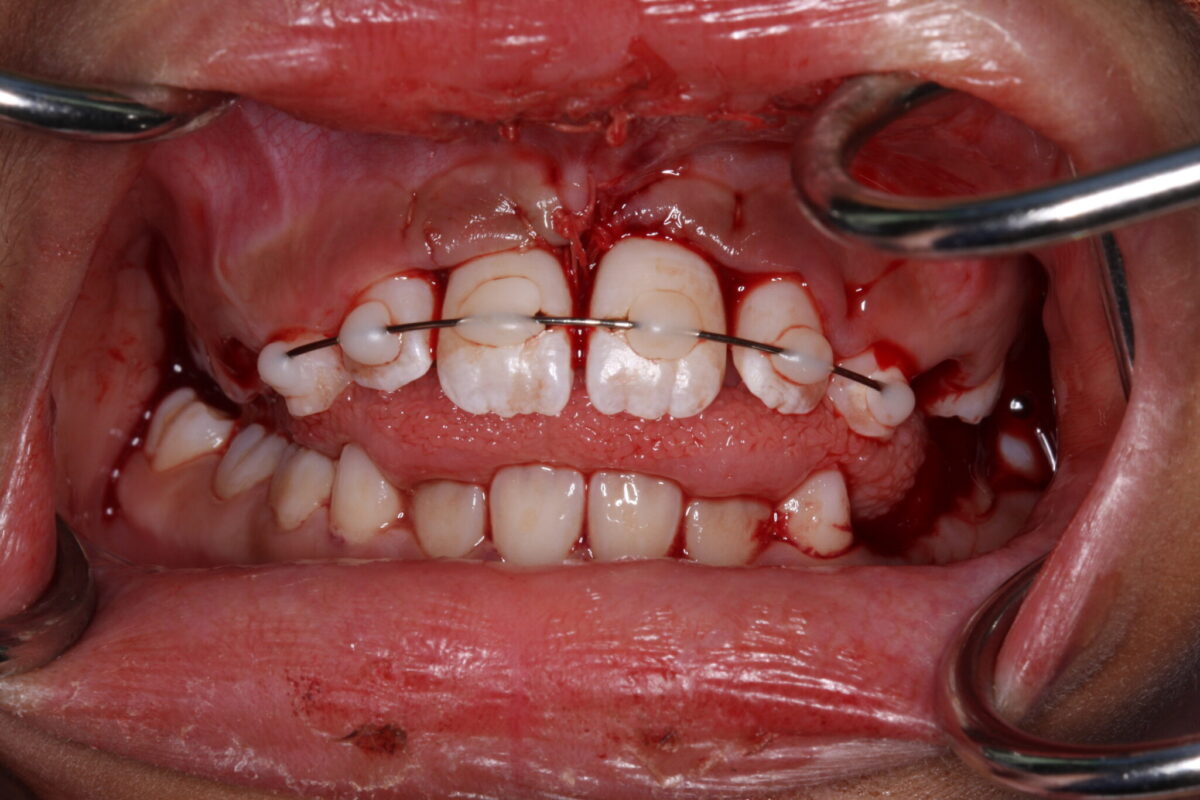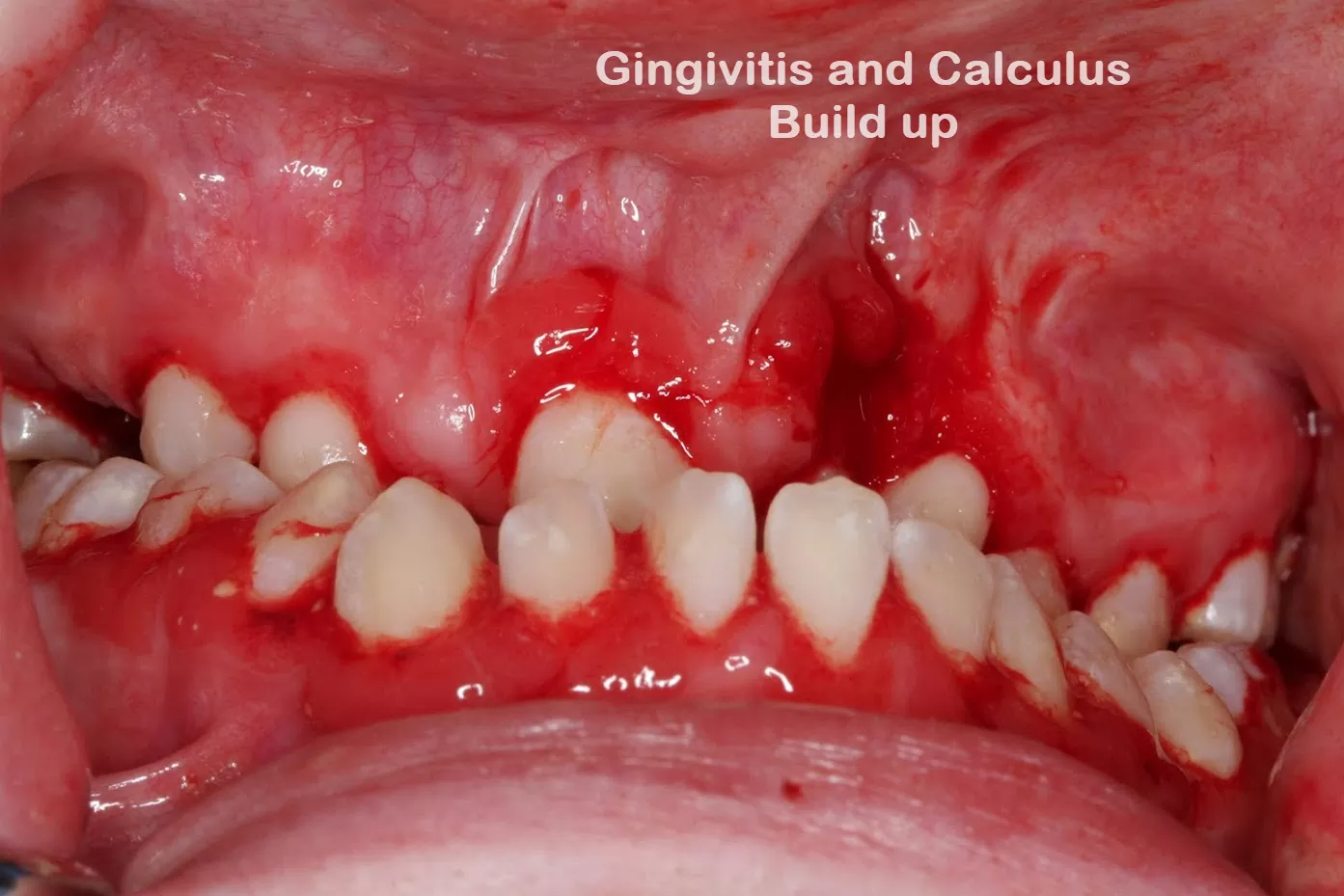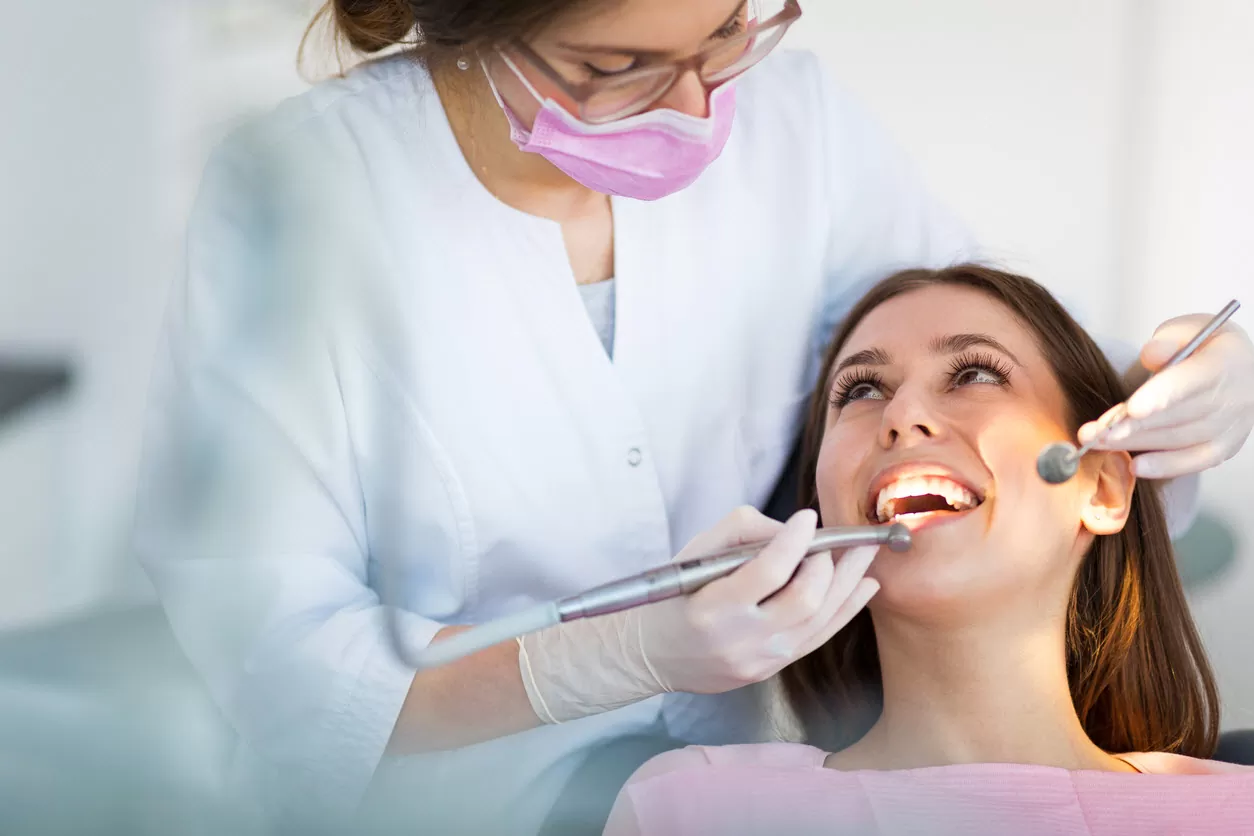How to Fix Your Loose Teeth
Having loose or fewer teeth affects one’s ability to talk and eat vegetables, fruits, and meats. And without consuming these foods, you’ll be depriving your body of essential nutrients and minerals. According to the CDC (Centers for Disease Control and Prevention), ¼ of people aged 65 and above have eight or fewer teeth. In most cases, before losing a tooth, it becomes mobile. Fixing loose teeth earlier lessens the chances of losing them altogether.
A loose tooth is no cause for alarm in a child because they are bound to lose their milk teeth. However, after adolescence kicks in, having a permanent mobile tooth is a different matter. It signifies an underlying disease that could trigger tooth loss. You can have mobile teeth for various reasons, including excessive biting force, secondary trauma resulting from gum/periodontal disease, etc.
In this blog post, we will answer all common questions related to loose teeth. If you are concerned about your dental health, here’s everything you need to know.
What are the Causes of Loose Teeth?
Teeth can become loose for the following reasons;
Gum Disease
This condition is also referred to as periodontitis. The disease results from a build-up of bacterial plaque on teeth due to poor oral hygiene. This leads to a chronic infection that weakens the gum, causing the tooth/teeth to become loose. According to a CDC study, periodontal disease is highly prevalent in the US, affecting half of its population.
Bacterial plaque build-up is the leading cause of periodontitis. The plaque prompts an immune response, leading to the destruction of the gum. An affected gum eventually causes a tooth to become loose or decayed. Dental plaque forms through colonising bacteria sticking to the tooth’s smooth surface. Although these bacteria protect your mouth from invasion by harmful microorganisms, dental plaque causes tooth decay and gum infection.
Injury to the Tooth
Your tooth/teeth can get injured if you apply prolonged forceful biting or get a big blow on the face. Besides, a car accident can destroy the surrounding tissue and teeth. The result is loose or chipped teeth. Also, clenching teeth due to stress can destroy the tissue, causing the teeth to loosen.
Osteoporosis
Osteoporosis is a condition that weakens the bones, causing them to become porous. Osteoporosis mainly affects the hips, wrists, and hips and could weaken the jawbones which support the teeth. A weak jawbone causes the tooth to become loose and eventually fall out. The NIH (National Institutes of Health) in the United States points to a possible connection between bone loss and the increased likelihood of gum disease.

Can Dentists Fix a Loose Tooth?
If your tooth becomes loose, every second is of the essence, and therefore you should contact your dentist right away. That’s because there is a likelihood that your tooth could fall out at any time. An experienced dentist in Brisbane can fix a loose tooth to prevent it from falling out. Once you get to the dentist, they examine it to establish what’s causing it to become loose.
A dental expert can fix a loose tooth in the following ways;
- Tooth Splinting – If your tooth becomes loose following an injury, the dentist may splint your tooth. It’s a process that entails bonding the injured tooth with the adjacent one using a dental crown to hold it. This method helps bar the movement of the injured tooth. However, this is a temporary fix referred to as composite bonding- it doesn’t last long.
- Periodontal treatment – If the tooth is loose due to periodontal disease, your dentist may perform a deep cleaning to save your tooth. During the process, they’ll remove the gum line’s infection to improve gum health. After the bacteria is removed, the gum heals and tightens up around the loose tooth. But if the gum fails to recover, the doctor may recommend gum grafting, which helps rebuild the lost tissue.
- Tooth pulling and replacement is the last option, and it’s only applicable in extreme cases. In most cases, it is performed on patients who ignore minor dental issues and only seek dental services after the problem has escalated. In this case, an affected loose tooth is uprooted, and the gap is sealed using dentures, bridges, or dental implants. Dental implants are the best since they are similar to natural teeth and are permanent. However, they come at a cost.

Can Loose Teeth from Periodontal Disease be Fixed?
Periodontal disease affects the tooth’s surrounding and supporting soft tissues and may affect the jawbone if left untreated. If your tooth is loose because of periodontal disease, a professional dentist can fix it in the following ways;
- Scaling and root planing – This is performed to restore your gum tissue health and eliminate the calculus and bacteria which caused the infection. The dentist cleans and treats the gum pockets with antibiotics to remove the infection. With improved gum health, the loose teeth may become rooted.
- Pocket elimination surgery – This type of surgery is alternatively referred to as flap surgery. It’s carried out to cut the pocket size between the gums and the teeth. A jawbone surgery can also be performed to remove bone indentations that cause the colonisation of bacteria.
- Tissue regeneration – After the gum tissues and the bone are destroyed, your dentist can initiate regrowth through grafting. They’ll insert a membrane into the affected areas and promote tissue regrowth.
- Dental Implants – If you have severe periodontal disease, your damaged, loose tooth can be removed and replaced with dental implants. This is a prosthetic tooth that is inserted into the jawbone. With dental implants, a tissue regeneration procedure is carried out beforehand to enhance bone strength.
What Can be Done to Loose Teeth Due to Bone Loss?
Dental bone loss happens when the bone surrounding the teeth shrinks following an infection or disease. Bone loss can cause your teeth to become loose. But loose teeth due to bone loss can be fixed by rebuilding the bones. Other than having mobile teeth, other signs of bone loss include gaps between teeth, bleeding and swollen gums, and bad breath. The leading cause of bone loss is periodontal/gum disease. Other causes include smoking, poor nutrition, and other severe medical conditions.
If you seek professional dental services immediately, you notice any bone loss signs, including mobile teeth, the dentist can save your tooth. They’ll combine proper periodontal therapy with best oral hygiene practices, such as flossing, toothbrushing, and interdental cleaning to remove the disease and initiate bone regrowth. Besides, the dentist can regenerate the bone supporting your teeth through regenerative grafting to support the bone and keep your teeth intact.
What Happens If My Teeth Have Periodontal Disease?
Essentially, tooth decay and periodontal disease are major concerns among dentists. During the early stages, the condition is called gingivitis, which causes the gums to swell and become red and may even bleed. Gum inflammation and infections trigger periodontal disease.
If you fail to seek medical attention as soon as possible, you risk losing all your teeth. That’s because if not addressed, the disease will cause your gum to pull away from your tooth. You’ll also suffer bone loss and have a loose tooth that may eventually fall out.
If you don’t want to experience that, seek help immediately if you notice any of these warning signings;
- Mobile teeth
- Sensitive teeth
- Painful chewing
- Gums pulling away from the teeth
- Bleeding or tender gums
- Bad taste/breath, etc.

How is Advanced Periodontitis Treated?
Less advanced periodontitis is easy to treat. The dentist uses less invasive procedures such as scaling, antibiotics, and root planning. However, if the condition is advanced, dental surgery is necessary. There are various surgical treatments, such as soft tissue grafts, bone grafting, and guided tissue regeneration(as explained above). Other surgical treatment procedures include flap surgery and tissue stimulating proteins.
- Flap surgery or pocket reduction surgery – The periodontists create tiny openings in the gum to lift the back part of the gum tissue. This helps to expose the roots for better root planing and scaling. Since gum disease causes bone loss, the dentist may opt to recontour the underlying bone before returning the gum tissue to its initial state.
- Tissue-stimulating proteins – This involves treating a diseased tooth root with a special application gel. The gel contains essential proteins needed to develop tooth enamel and steer the growth of healthy tissues and bone.
What is Stage 4 Periodontal Disease?
Periodontal disease occurs in stages, and stage four is the most advanced. At stage four, you’ll have a chronic infection that damages your teeth and gums. And bone loss is over 50%. Bacteria from infected teeth, bones, and gums find their way into the bloodstream and destroy the heart, liver, and kidneys.
This stage is characterised by teeth looseness, swollen, painful and bleeding gums, shifting teeth. Eventually, eating will be painful, and smiling will be a challenge because you’ll have lost almost all your teeth. You can prevent stage four periodontal disease by regularly cleaning your teeth and going for dental checkups at least twice every year. Remember that routine teeth cleaning and proper medical attention prevent periodontal disease from worsening and can cause the condition to go away completely.
How Can I Tighten My Loose Teeth Naturally?
If you have loose teeth, you can strengthen them naturally by maintaining proper dental hygiene. These include brushing twice or thrice daily, using mouthwash to kill mouth bacteria, consuming carbonated drinks with a straw, and more. Also, make sure you consume a diet rich in calcium because it’s the most vital element in promoting oral health. Calcium deficiency triggers low bone density, including teeth bone. Less dense tooth bone causes the teeth to become weak and loose. So, it’s paramount that you consume a diet rich in calcium.
Also, consume dairy products such as green leafy, fish, vegetables, egg, fish, lean meat, etc. You can rinse your mouth with salt water since it’s an effective disinfectant. Furthermore, you can use black pepper and turmeric to treat loose teeth. Use equal amounts of both elements, massage the infected areas, and then use clean water to rinse your mouth.

Find a Professional Dentist to Fix Your Loose Teeth
Our dentists in Brisbane are a team of professional dentists with years of experience using innovative technology and quality materials to address our clients’ dental problems. We care about your smile, facial appearance, and your general dental health. Call us today to schedule an appointment with dental experts in Brisbane, and let’s help you fix your loose teeth.




































